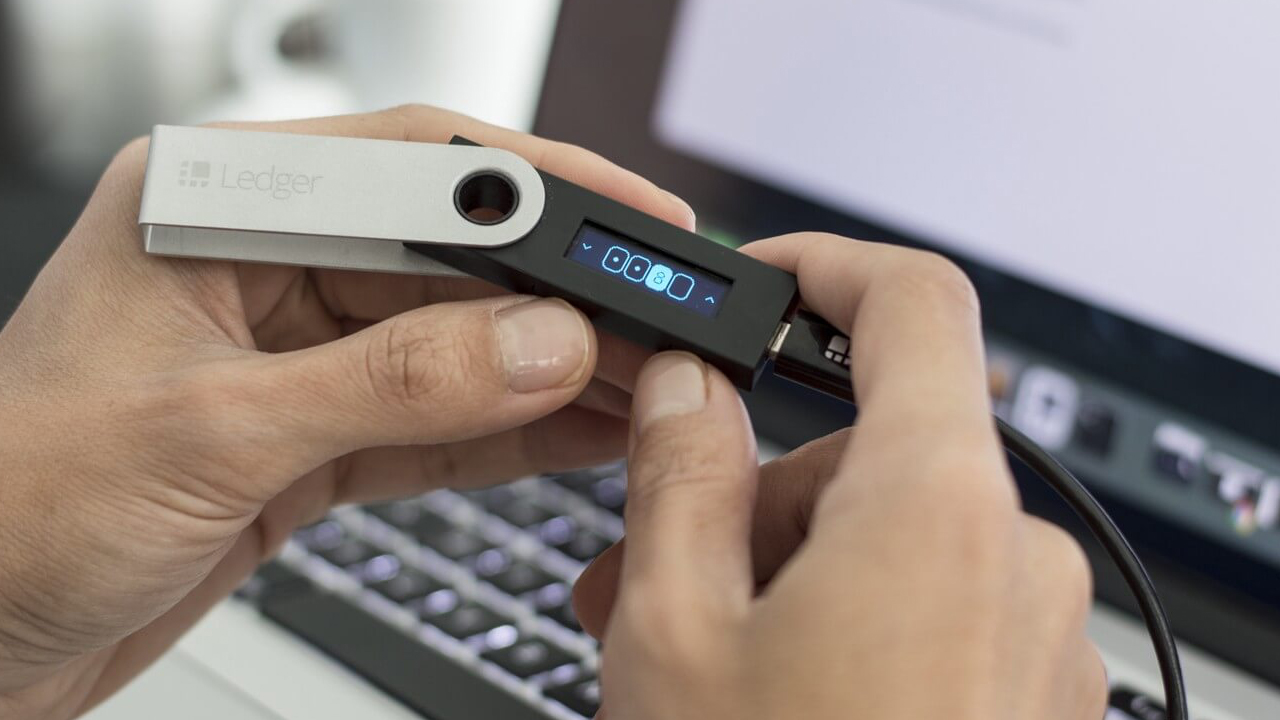The security breach on Ledger, which led to the exposure of customers’ contact information, is currently causing a heavy shake of the company’s long-built reputation as the leading and secured hard wallet maker. On December 20, a hacker(s) dumped a database containing email addresses and physical contact information of Ledger customers, making them even more vulnerable to threats and phishing attacks – to a greater extent.
While the company says they are working to investigate the matter, customers are already displaying signs of pushing a class-action lawsuit against the hardware wallet provider.
Ledger Users are Already Receiving Threatening Messages via Email
The recent development on the Ledger hack was spurred after a database – probably stolen in the June attack – was dumped on RaidForms, a marketplace for trading stolen information. This resulted in the exposure of over one million email addresses subscribed to Ledgers’ newsletter, including the Emails, Physical Addresses, Phone numbers, and other identifying information of 272,000 Ledger buyers.
With this information in the wrong hands, many people feared that this is only the beginning of threats and phishing attacks on the customers. Already, the customers are receiving messages of physical threats, if they don’t pay about $500 in Bitcoin ransom, according to a Reddit user, u/elephants. The message sent to him/her reads precisely:
Hello (my name), I have recently become aware of your Cryptocurrency holdings, I also live in (my city), and I also know that you live at (my address). I’m not afraid to invade your home, I don’t want to make this any harder than it has to be. I’m offering you $500 (shouldn’t be much to you considering the recent pump) to leave you alone.
If not, I’m not afraid to show up when you least expect it and see how my wrench works against your face, or maybe even wait for you to leave your home and take your belongings whilst you’re not there to call the police. I’ll be waiting for the money, and watching you until then.
Lawsuits hovering
As Ledger customers seem not to be satisfied with the company’s response to the development, they are raising talks on pushing a class-action lawsuit against the wallet maker.






